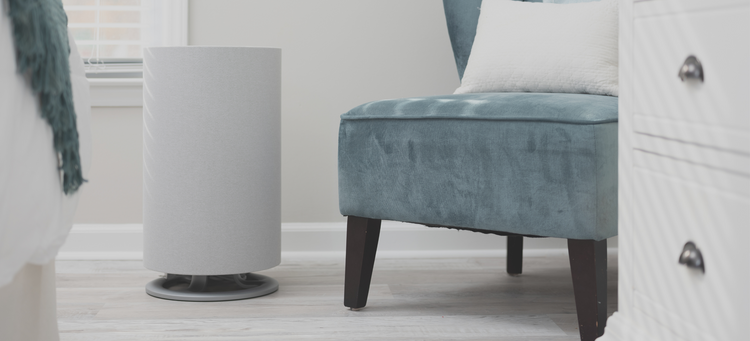COPD – What You May Not Know
In America, chronic respiratory diseases are third only to heart disease and cancer in the top causes of death. COPD (Chronic Obstructive Pulmonary Disease) most commonly arises as a reaction to environmental particles, particularly from smoking. But because of COPD’s close relationship to tobacco use, emphysema, and related illnesses, most people know nothing about the non-smoking causes.
Surprising COPD Sources
Nearly one quarter of all COPD cases in the United States are not caused by smoking. Some of these cases stem from pre-existing asthma. Indoor and outdoor air pollution also often triggers.
But you may not be aware of the other little known lifestyle habits and environmental factors that contribute.

Most recently, scientists in South Australia have found an association between drinking soda and occurrences of COPD and asthma. For soda drinkers who also smoked, the risk of developing COPD was more than 6 times higher than for non-soda drinkers.
Another recently confirmed correlation indicates that people in rural areas have a higher chance of dying than those in urban areas. Several factors probably contribute to this, including lower access to health care and poorer air quality. A similar connection was found for poorer communities (but only in populations 45-64 years old).
These findings indicate the importance of prevention can result in a host of health problems and complications. Recent studies indicate that COPD contributes to high-risk artery plaque formation, which increases chances of a stroke. It also makes it difficult to sleep properly and lowers blood oxygen, causing fatigue and making it harder to fall asleep. Lower oxygen intake may also contribute to increased risk of developing lung cancer.
For people living with COPD, controlling symptoms and improving lung function can not only improve the quality of day-to-day life but prevent more dire complications from arising.
Something to consider is an air purifier for COPD. Air purifiers can clean the air and make breathing easier.
Make sure to check back next week for our article on proven alternative treatments.
More helpful articles.
7 Ways to Improve Indoor Air Quality







